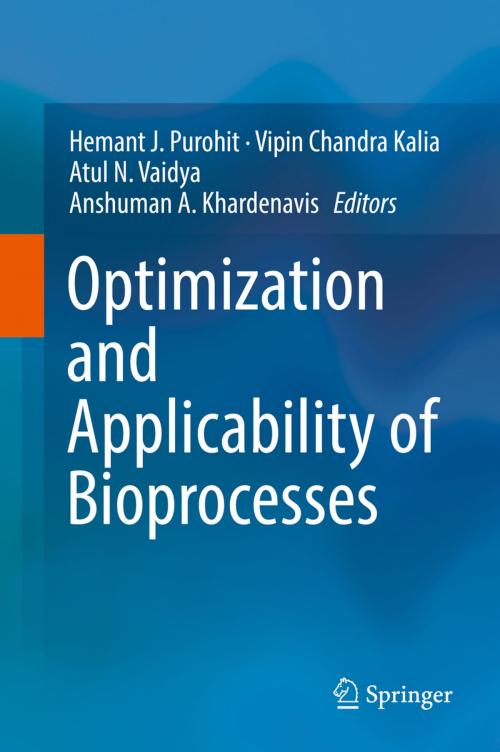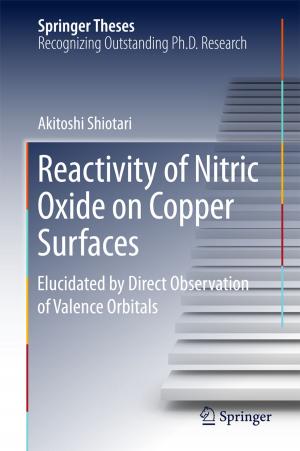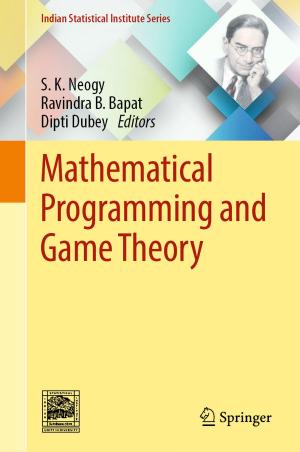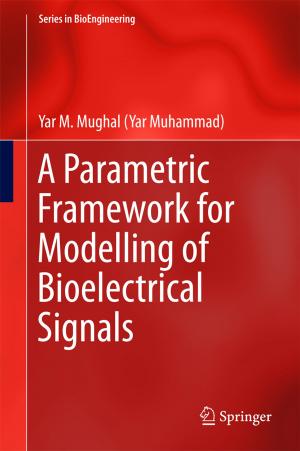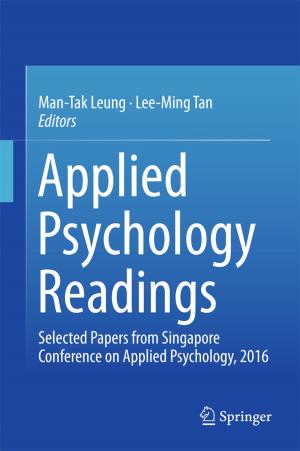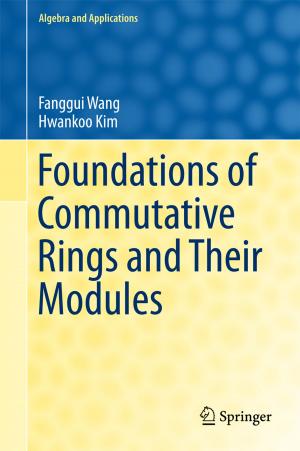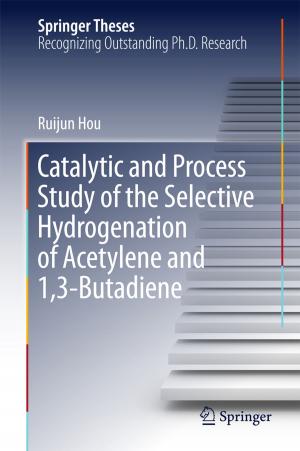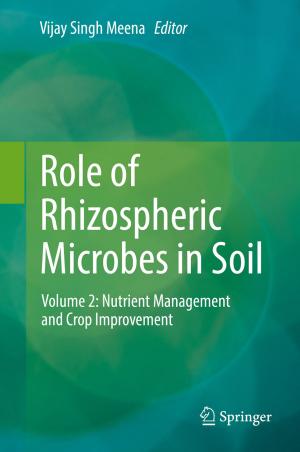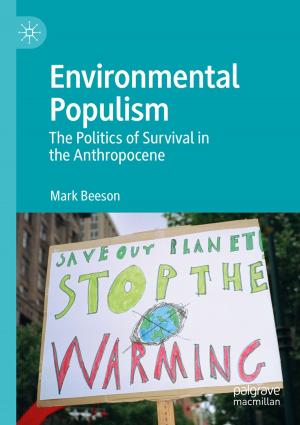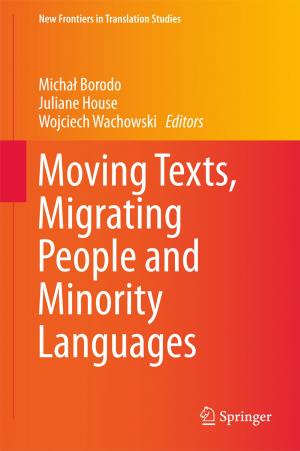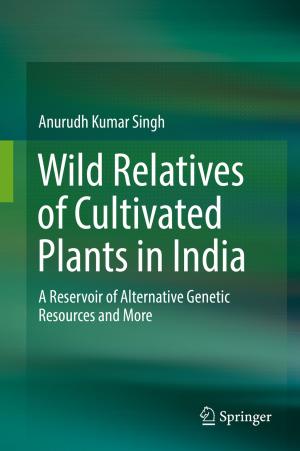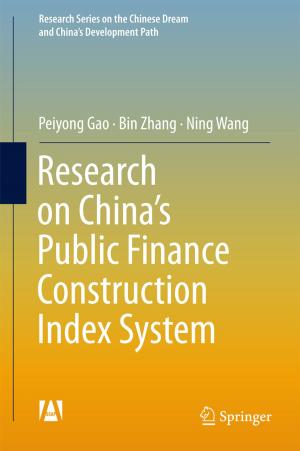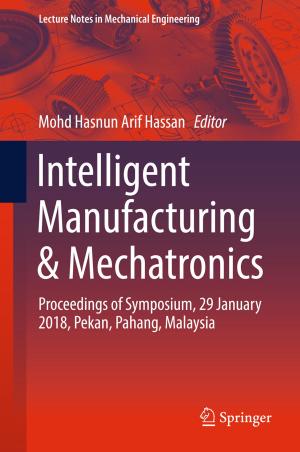Optimization and Applicability of Bioprocesses
Nonfiction, Health & Well Being, Medical, Allied Health Services, Medical Technology, Science & Nature, Science, Biological Sciences, Biotechnology| Author: | ISBN: | 9789811068638 | |
| Publisher: | Springer Singapore | Publication: | January 2, 2018 |
| Imprint: | Springer | Language: | English |
| Author: | |
| ISBN: | 9789811068638 |
| Publisher: | Springer Singapore |
| Publication: | January 2, 2018 |
| Imprint: | Springer |
| Language: | English |
This book argues that the sustainable management of resources requires a systematic approach that primarily involves the integration of green innovative biotechnological strategies and eco-engineering. It discusses how microbial community intelligence can be used for waste management and bio-remediation and explains how biological processes can be optimized by integrating genomics tools to provide perspectives on sustainable development.
The book describes the application of modern molecular techniques such as fluorescence in situ hybridization (FISH), highly sensitive catalyzed reporter deposition (CARD)-FISH, in situ DNA-hybridization chain reaction (HCR) and methods for detecting mRNA and/or functional genes to optimize bioprocessess. These techniques, supplemented with metagenomic analysis, reveal that a large proportion of micro-organisms still remain to be identified and also that they play a vital role in establishing bioprocesses.
This book argues that the sustainable management of resources requires a systematic approach that primarily involves the integration of green innovative biotechnological strategies and eco-engineering. It discusses how microbial community intelligence can be used for waste management and bio-remediation and explains how biological processes can be optimized by integrating genomics tools to provide perspectives on sustainable development.
The book describes the application of modern molecular techniques such as fluorescence in situ hybridization (FISH), highly sensitive catalyzed reporter deposition (CARD)-FISH, in situ DNA-hybridization chain reaction (HCR) and methods for detecting mRNA and/or functional genes to optimize bioprocessess. These techniques, supplemented with metagenomic analysis, reveal that a large proportion of micro-organisms still remain to be identified and also that they play a vital role in establishing bioprocesses.
